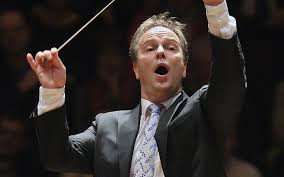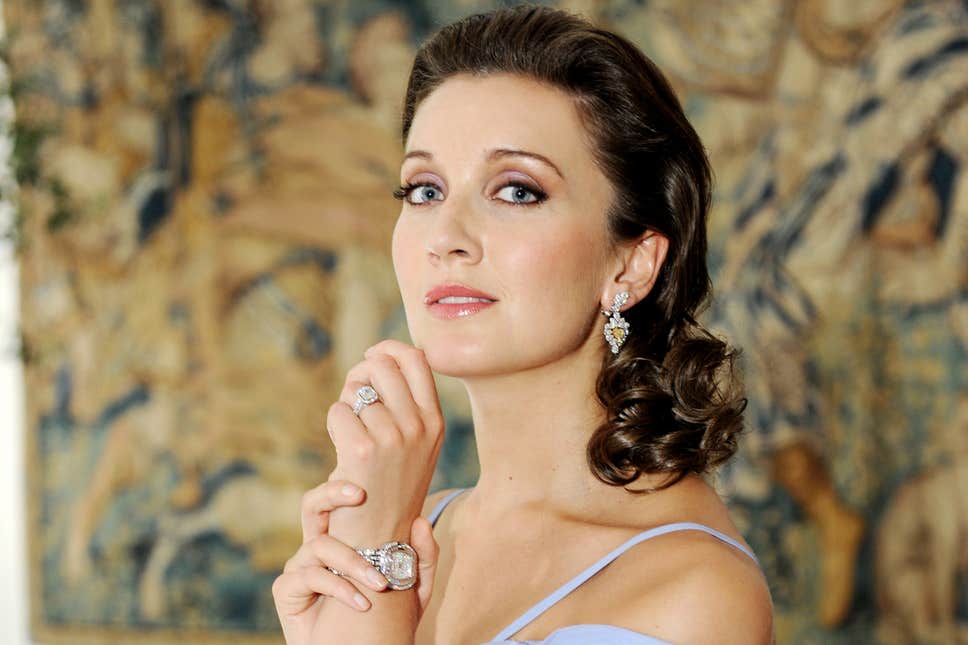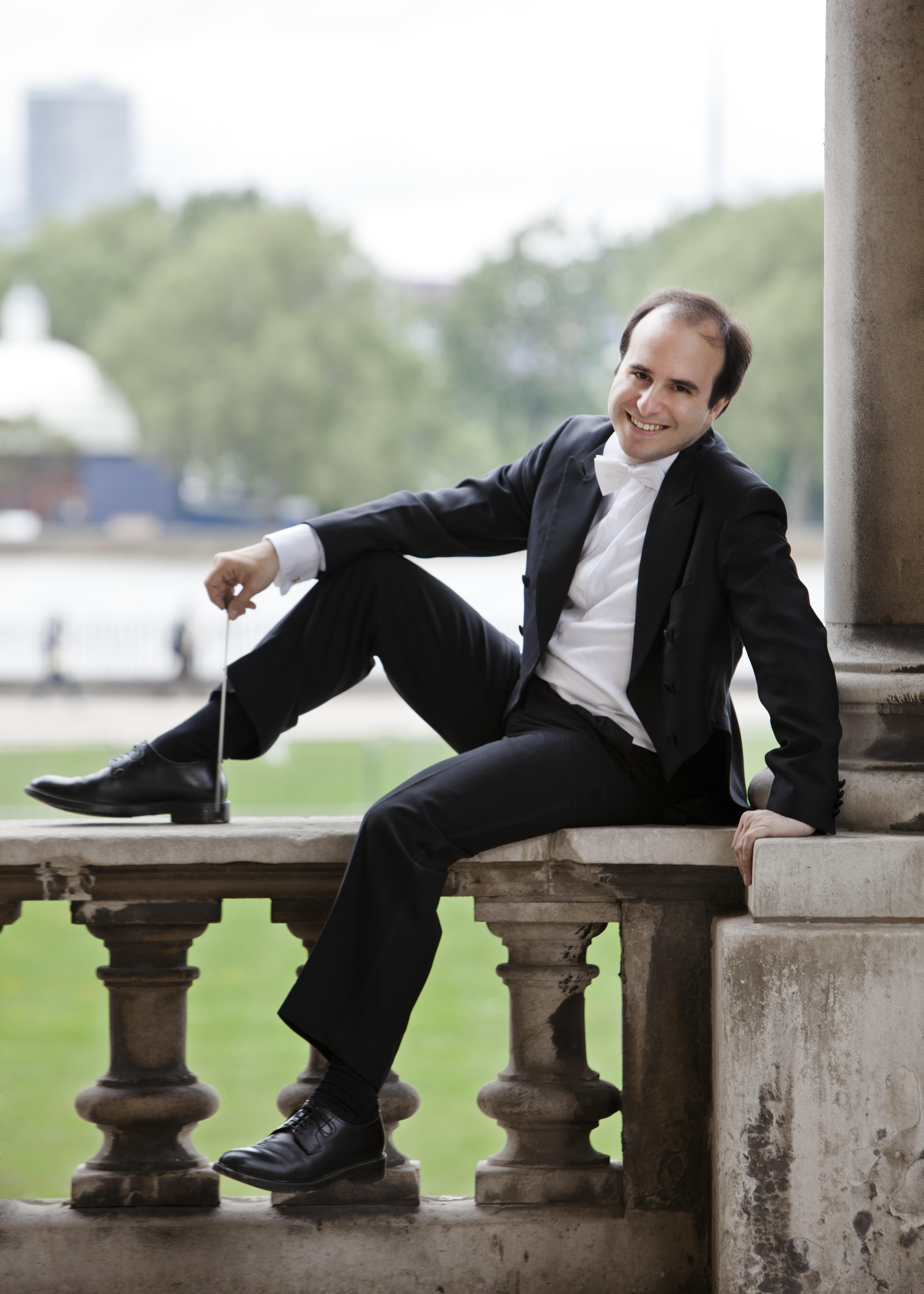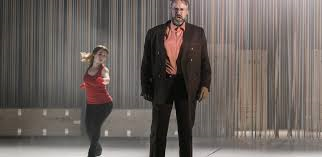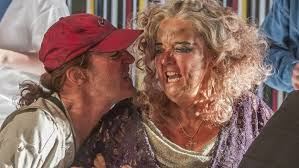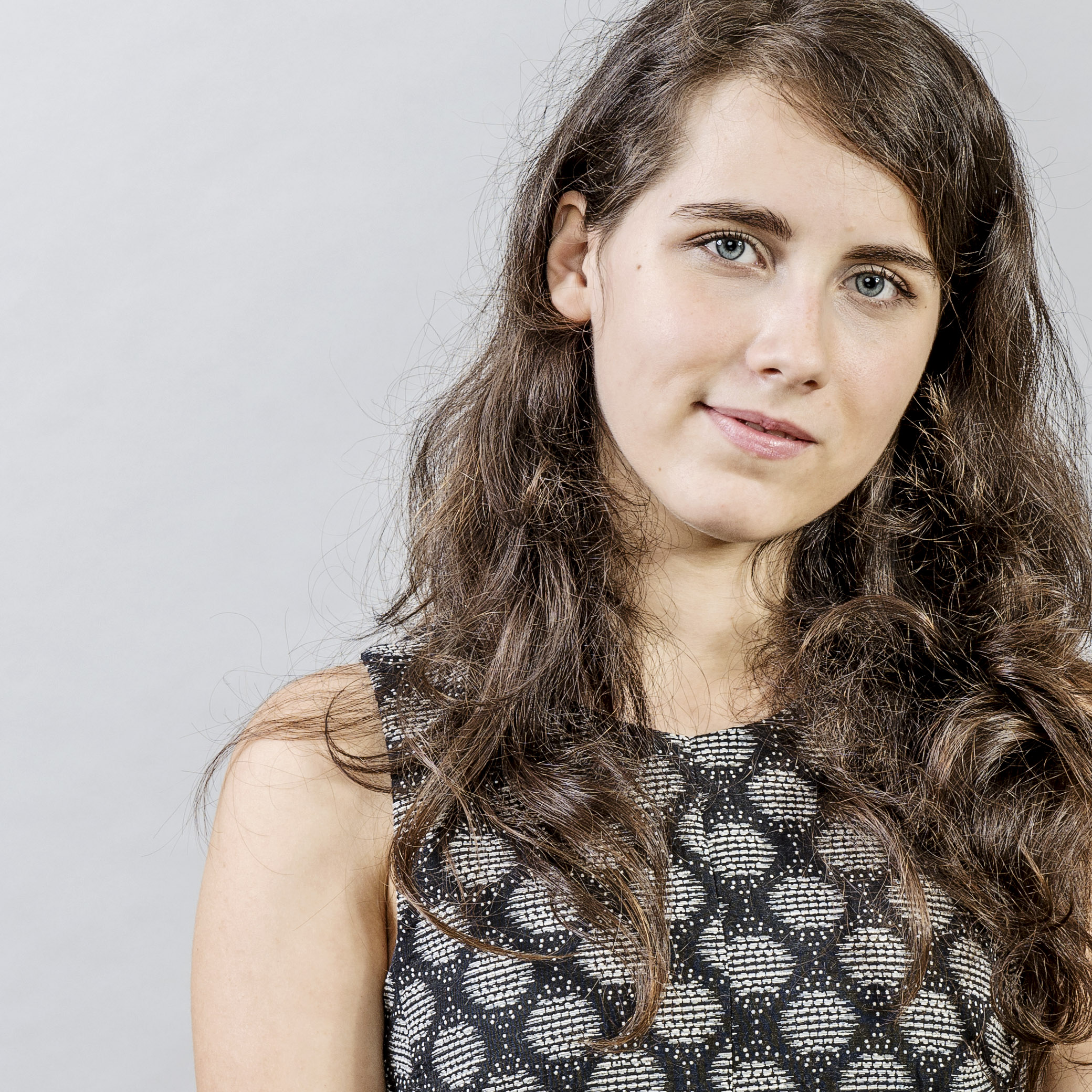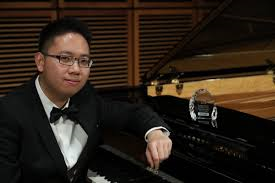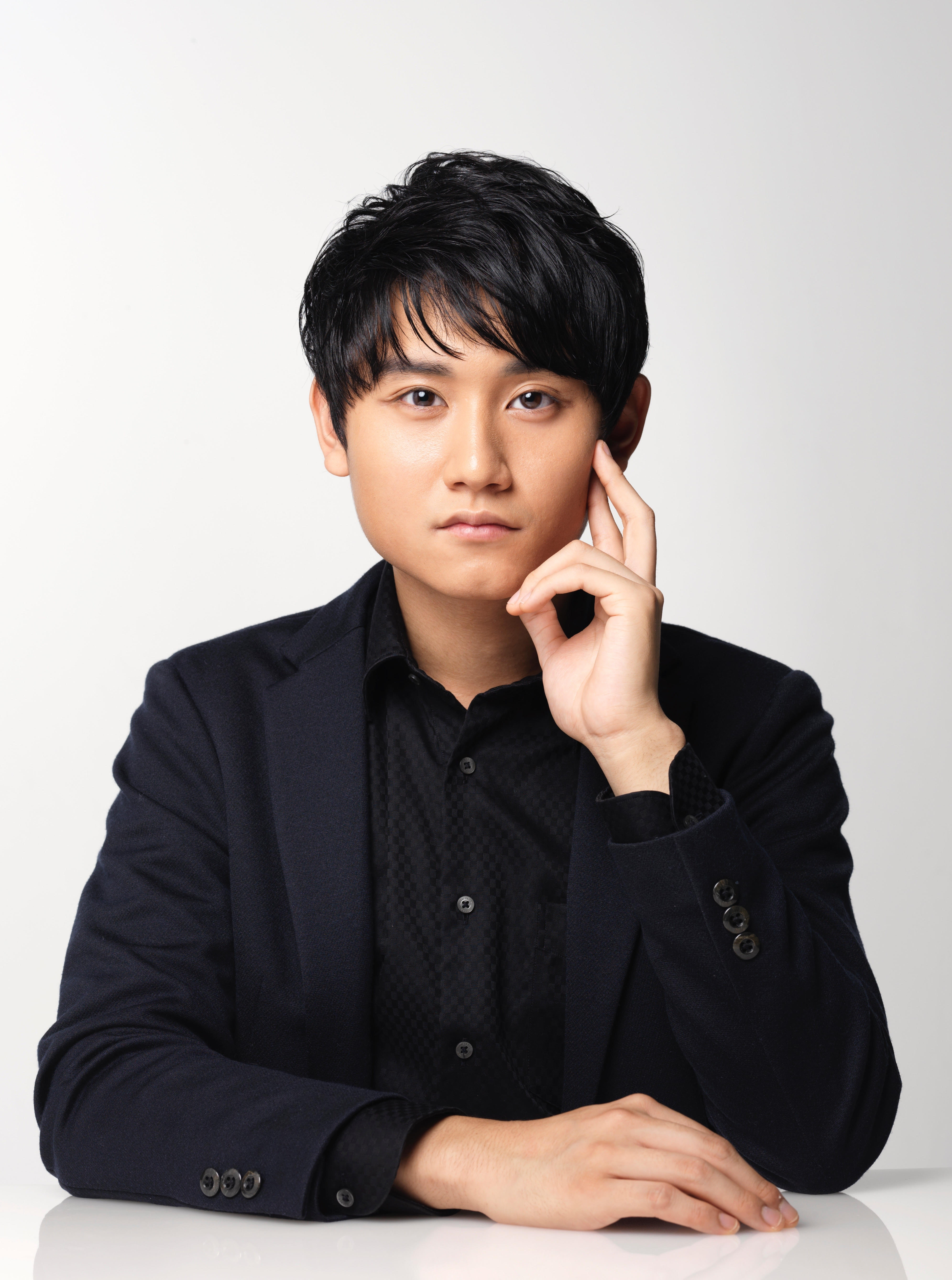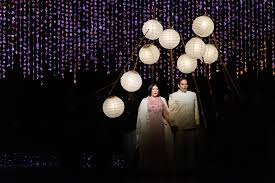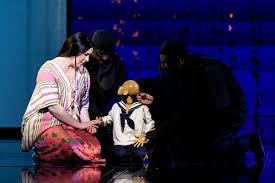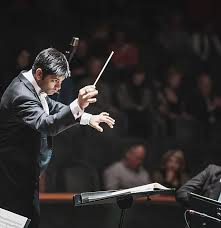It has been a very strange year for the BBC Proms. Normally the First Night is in mid July, yet here we were, celebrating the first live First Night on Friday 28 August. To say it was a stunning success would be an understatement.
The musicians made the most of social distancing to give a clarity and precision to their music-making which is rare in the RAH. It may be somewhat unacceptable to say so but the greatest benefit by far was the lack of a live audience. No shuffling, coughing, chewing, whispering, clapping the wrong place, and no background ambience. This may be ok when you are listening from home and like the sense of the audience, but hearing works from Sleep to the Eroica, without any hint of interruption was a revelation.
The first night nearly always includes a new commission, and this year it was Tuxedo: Vasco ‘de’ Gama by Hannah Kendall. I always try to approach these new works with an open mind but I have to admit it closes down very quickly. Lots of percussion, bird whistles, even a tiny musical box but little sense of substance.
What a difference as we moved to Sleep by Eric Whitacre. The BBC Singers were more than just socially distanced. They were spread out across the stalls and the ensuing harmonies were intoxicating. Again the lack of an audience was an essential part of this as tiny nuances, absolute clarity and perfect balance was compelling throughout. A wonderful work we must hear again.
Copland’s Quiet City is more familiar but again the crisp textures shone through.
The final and major work for the evening was Beethoven’s Symphony No3 The Eroica. No hint of any problem keeping the orchestra together given the vast area they were spread across, and Sakari Oramo’s obvious delight in the results he was getting.
A wonderful evening. I just wonder how we might reach a compromise between small well behaved audiences and none at all!

